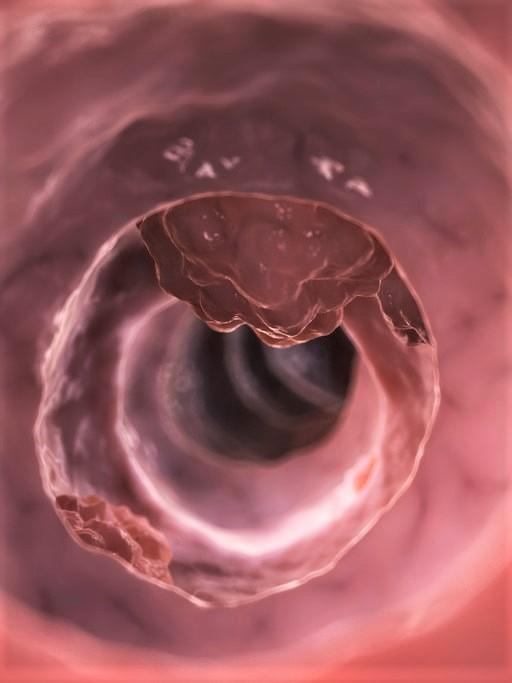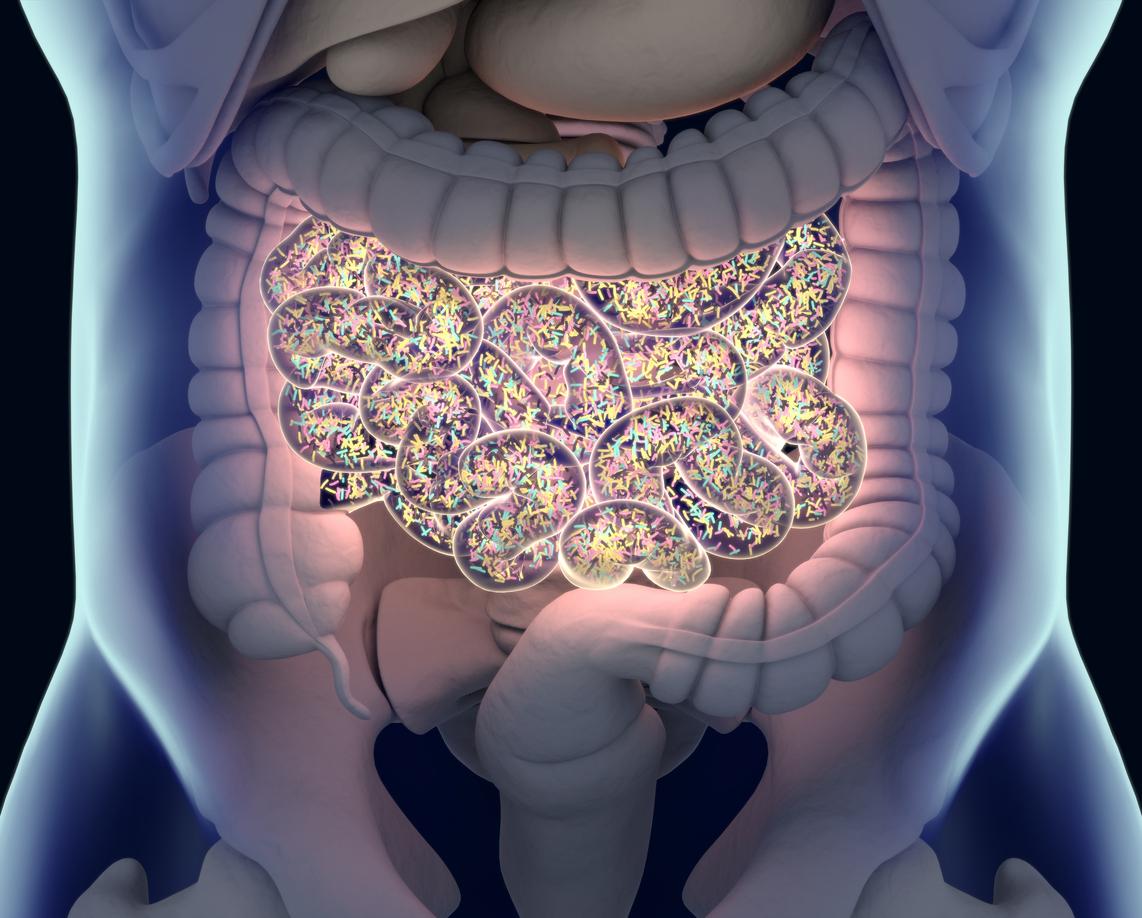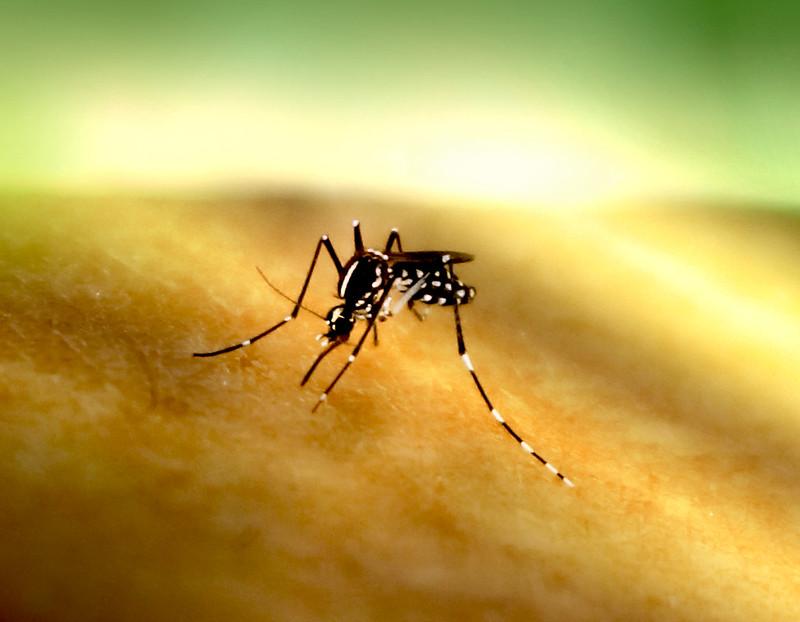
A Mayo Clinic–led study shows that colorectal cancer surgeries dropped 17.3% in the first 9 months of the COVID-19 pandemic and that more patients were diagnosed as having later-stage disease.
The study, published yesterday in the Journal of the American College of Surgeons, used the National Cancer Database to compare rates of surgeries for colorectal cancer, tumor stages, socioeconomic factors, and other variables among 105,317 patients before and during the pandemic (2019 and 2020).
Colorectal cancer, the third most common cancer in the United States, is being increasingly diagnosed in younger adults, the researchers noted.
10,000 fewer patients had surgery
Surgeries for rectal and colon cancer declined 21% and 16%, respectively, in 2020, corresponding to an overall 17.3% drop. Patients also had a significantly lower rate of early-stage cancer (35.5% vs 38.2%) and a significantly higher rate of advanced tumors (19.2% vs 15.7%), but treatment delays weren't noted after diagnosis. The advanced-cancer burden was greater in Black, uninsured or Medicaid-insured, and lower-income patients.
"We found that approximately 10,000 fewer patients did not have surgery for colorectal cancer in 2020 compared to 2019," senior author David Larson, MD, MBA, of Mayo Clinic, said in an American College of Surgeons news release. "That's a profound decrease."
There may be multiple reasons for the decline, such as screening delays, fear of COVID-19 exposure that deterred some patients from seeking care, and disparities in cancer care that likely worsened during the pandemic, the authors said.















